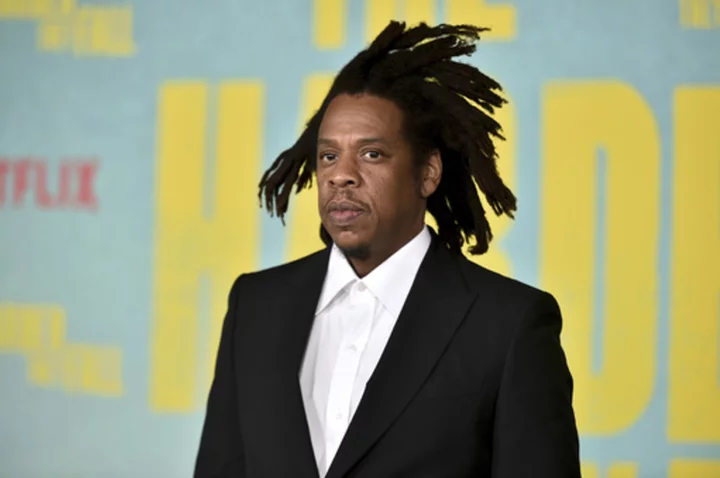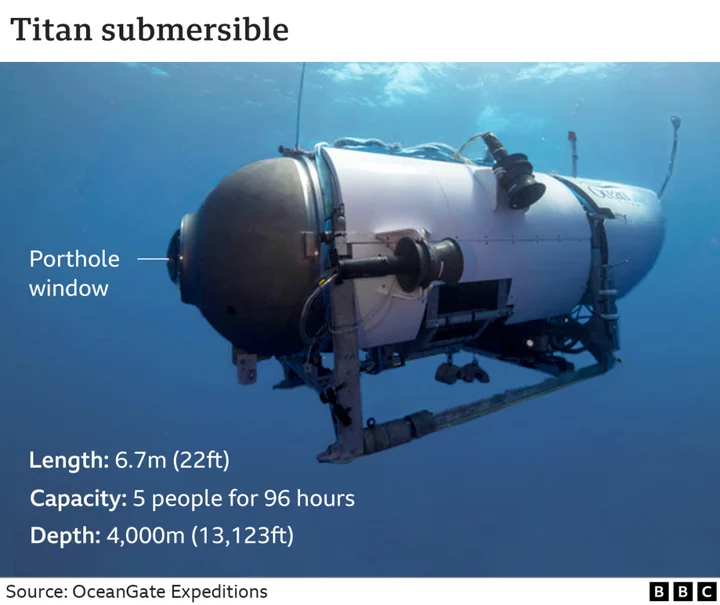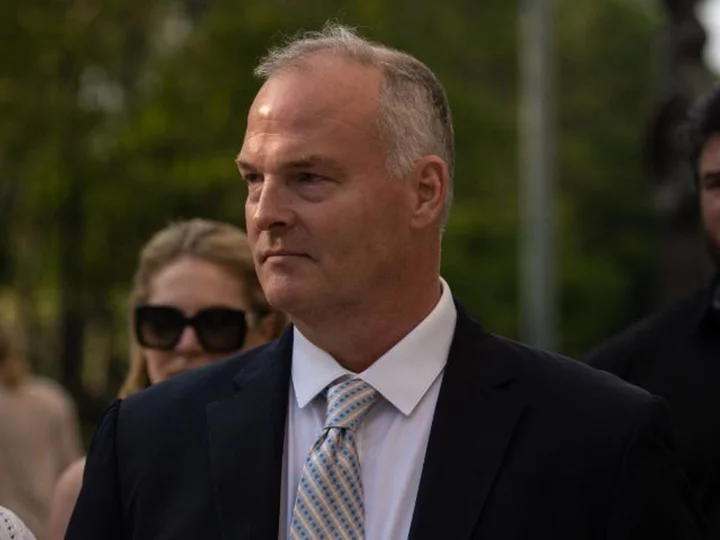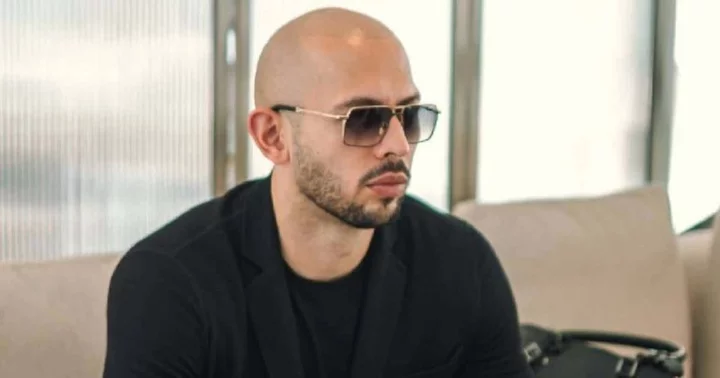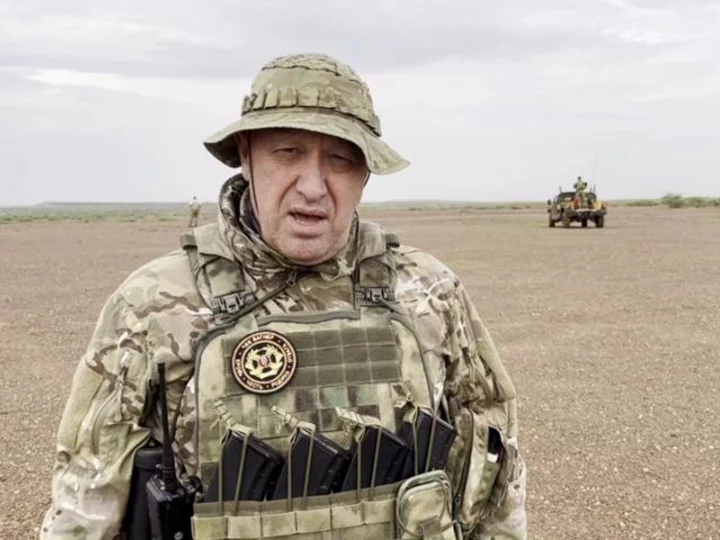By Jan Strupczewski and Gabriela Baczynska
BRUSSELS (Reuters) -Most European Union leaders on Friday backed granting more financial support to Ukraine as it fights a Russian invasion, but Hungary and Slovakia voiced reservations ahead of a decision the bloc needs to make unanimously in December.
The EU executive has proposed that the bloc's 27 countries chip in more funds in a revision to its shared budget to finance additional spending through 2027, including extending 50 billion euros ($52.8 bln) in new aid to Kyiv.
"I have the impression that we will decide what is necessary for Ukraine's financial stability," German Chancellor Olaf Scholz said after talks with his EU peers at a summit in Brussels. "And I don't think that the partly different concrete assessments will affect that."
Overall EU support for Ukraine has totalled almost 83 billion euros since Russia invaded in February 2022, the Brussels-based executive European Commission said this week.
Beyond sending Ukraine money and arms, the bloc has also imposed rounds of sanctions against Russia. The summit was meant to highlight the bloc's steady support for Kyiv even as a new war rages in the Middle East.
"The European Union will continue to provide strong financial, economic, humanitarian, military and diplomatic support to Ukraine and its people for as long as it takes," a joint statement from the EU leaders read.
SLOVAKIA JOINS HUNGARY
Hungary has been the bloc's most vocal critic of the policy.
Slovakia's Robert Fico, attending his first EU summit since being appointed for his fourth term as prime minister on Wednesday, adopted a similar line.
Fresh from meeting Russian President Vladimir Putin, Orban said on Friday that the EU strategy of sending money and military aid to Ukraine has failed.
"The Ukrainians will not win on the battlefield," he said as footage from the start of the summit showed him standing alone while other EU leaders greeted one another on arriving in their discussions chamber.
Orban has also said he would not endorse in its current form the proposed EU budget revision, which includes the 50 billion in new aid for Kyiv.
But he did not reject the proposal outright either, suggesting there is scope for horse-trading.
That comes as Budapest is trying to unlock billions in aid earmarked for Hungary in the EU budget but frozen by the European Commission over accusations that Orban has damaged democracy.
Fico said there was endemic corruption in Ukraine and demanded that any new EU aid include guarantees that the funds not be misappropriated, according to a statement from his office. He also said Bratislava would stop providing military support to Ukraine.
"Ukraine is among the most corrupt countries in the world and we are conditioning what is excessive financial support on guarantees that European money (including Slovak) not be embezzled," he said.
Fico himself resigned as Slovakia's prime minister in 2018 amid street protests after the murder of a journalist who had investigated state corruption. The leftist veteran of Slovak politics has repeatedly swatted away accusations of graft.
"What I can say is that both of them didn't refuse the possibility for providing aid to Ukraine, even for a long time," Bulgarian Prime Minister Nikolai Denkov told reporters.
"The questions are, what type of aid and how it is used, how we are sure, the European Union is sure, that this aid is used efficiently," he said.($1 = 0.9477 euros)
(Reporting by Jan Strupczewski, Phil Blenkinsop, Bart Meijer, Tassilo Hummel, Marine Strauss, Krisztina Than, Jason Hovet, Miranda Murray, Writing by Gabriela Baczynska, Editing by Philippa Fletcher)



